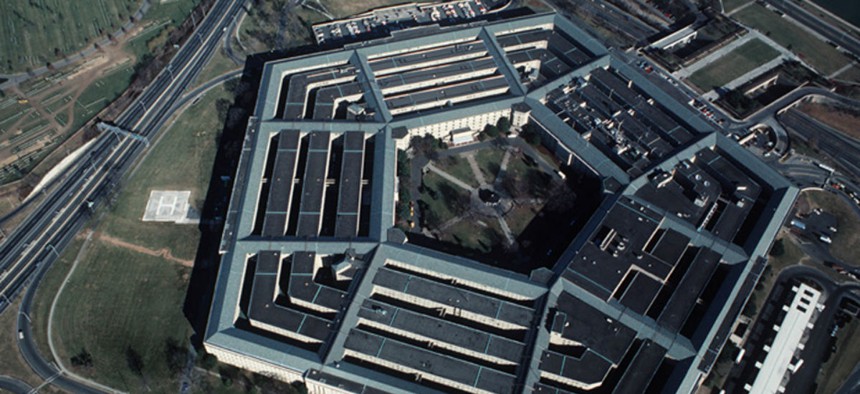
Defense Department file photo
Longer Probationary Periods For New Defense Hires
New civilians in the competitive service and senior executives hired or appointed after Nov. 26, 2015, are on probation now for two years instead of one.
The Pentagon officially has extended the probationary period for new civilian hires from one to two years.
The change, mandated by the fiscal 2016 Defense authorization law, affects employees hired by Defense to permanent jobs in the competitive service, or appointed to the Senior Executive Service, on or after Nov. 26, 2015. The one-year probationary period still applies to Defense employees in the excepted service and those hired before Nov. 26, 2015.
Federal employees in the competitive service who already have completed a probationary period in government and transfer from their current agency to a new job at Defense do not have to serve another one. Julie Blanks, principal director under the deputy assistnant Defense secretary for civilian personnel policy, sent a Sept. 27 memo to human resources staff announcing the change, according to a DoD news report.
Most new federal workers and new supervisors in the government are on probation for one year, some a bit longer. During that time, they can be fired with no advance notice and very limited or no right of appeal, depending on the position.
“We note that the probationary period extension will be beneficial only if an agency has effective performance management practices in place and uses the extra time for the purpose intended,” said a summary of the fiscal 2016 NDAA from congressional conferees about the provision. “We expect the secretary of Defense to assess the adequacy of leadership training provided to supervisors in DoD components and Defense agencies in order to ensure supervisors obtain the skills needed to effectively conduct performance management responsibilities.”
Unions, including the American Federation of Government Employees, typically have not been fans of longer probationary periods for new workers. At the time the law was passed, AFGE President J. David Cox Sr. said there was no reason to extend the “already ample” probationary period for new workers. “We believe one year is more than sufficient for any competent supervisor to assess whether an employee should continue in their federal employment,” he said at the time.
Multiple bills are pending on Capitol Hill that aim to extend the probationary periods for new feds and new senior executives across government, but none have become law yet.
The Merit Systems Protection Board has urged federal agencies and managers to make better use of the probationary period to remove employees who aren’t performing. In research released in 2015, MSPB said one of its “primary findings was that agencies were not using the probationary period as intended.”
Defense spokesman Eric Pahon told DoD News that change is a result of “the increasingly complex nature of much of the work performed by DoD employees,” making one year insufficient to properly evaluate the work of new employees, the Oct. 3 article said.







